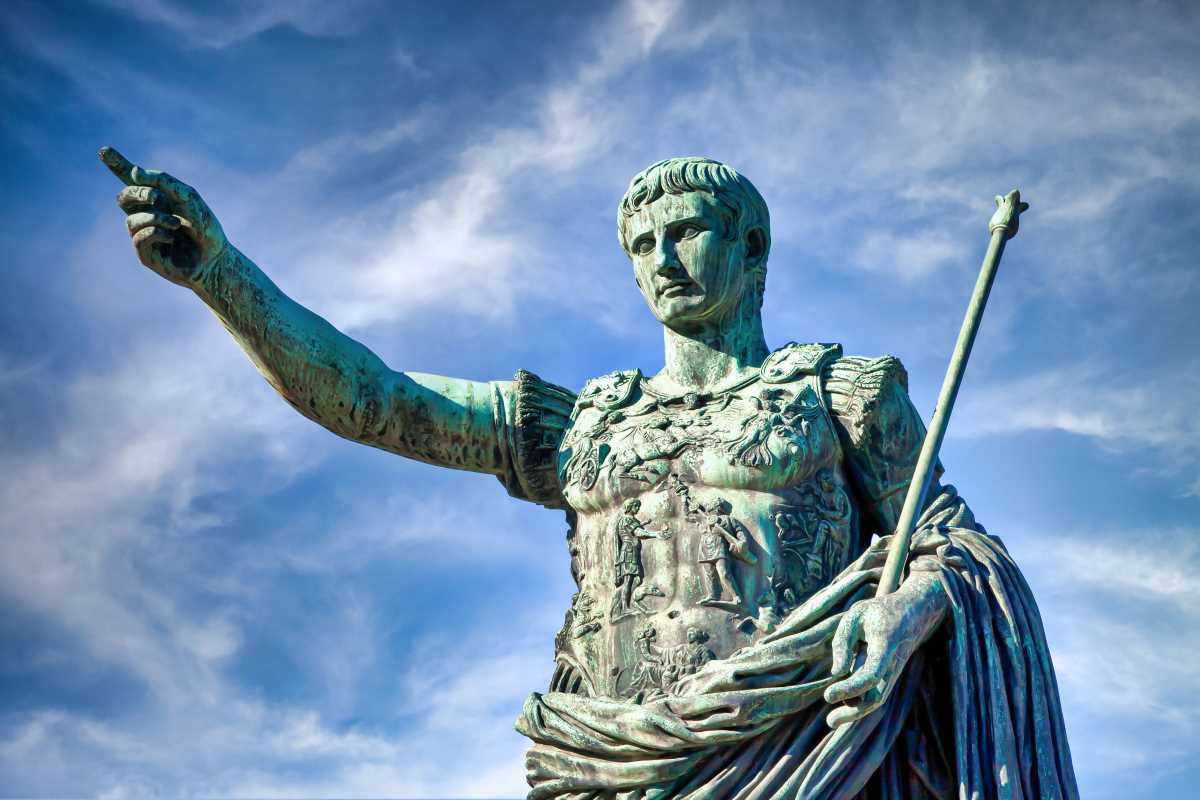History books often celebrate the defining achievements of remarkable women, but what’s truly fascinating are the stories that go untold. Behind the well-known names like Cleopatra or Eleanor Roosevelt are layers of hidden narratives that reveal just how groundbreaking, daring, and complex their lives really were. These women influenced their eras and rewrote the rules in ways we don’t always talk about. From defying stereotypes to pushing the boundaries of their societies, their untold stories remind us that even well-trodden history holds surprises. Today, we’ll uncover the quieter victories, bold strategies, and little-known contributions of history’s greatest women, giving them the spotlight they’ve always deserved.
Cleopatra: More Than a Love Story
Many of us picture Cleopatra as a cunning queen wrapped in the romantic dramas of Julius Caesar and Mark Antony. But reducing her to these relationships undermines her brilliance as a ruler. Cleopatra was part of the Ptolemaic dynasty, a Macedonian-Greek royal family ruling over Egypt. Her ability to connect with her Egyptian subjects by mastering their language and adopting their culture set her apart, a rarity amongst her family.
Economically, Cleopatra showed remarkable acumen. While historians lack concrete evidence of large-scale infrastructure projects during her reign, her focus on stabilizing Egypt’s economy is well-documented. Cleopatra championed agriculture, implemented monetary reforms to curb inflation, and ensured trade flourished along the Nile and with surrounding regions. By fostering strong trading relationships, she reinforced Egypt’s independence in the face of growing Roman power. Cleopatra was a savvy strategist who worked relentlessly to secure her nation’s future.
Hatshepsut: Master Diplomat of the Land of Punt
Hatshepsut doesn’t get nearly enough credit as one of ancient Egypt’s most revolutionary rulers. Around 1479 BCE, she broke tradition by declaring herself Pharaoh, even adopting male symbols of power, like the traditional false beard, to legitimize her unprecedented role. Her reign marked a period of economic prosperity and cultural growth.
One of her most famous achievements was the celebrated expedition to the mysterious Land of Punt, believed to be in modern-day Eritrea or Somalia. The lavish goods brought back, including myrrh trees, gold, and exotic animals, were depicted in intricate reliefs at her temple in Deir el-Bahri. While the mission is often described as peaceful trade, Egyptian records suggest it also involved extracting tribute from Punt’s rulers, blending diplomacy with power projection. Hatshepsut’s reign proves that strength sometimes lies in cultivating relationships and expanding influence through commerce as much as possible.
Malala Yousafzai: A Pen That Shook the World
Malala Yousafzai, born in 1997 in Pakistan, is celebrated as the youngest Nobel Peace Prize laureate, but her story of quiet resistance began long before her global fame. At the age of just 11, under the pseudonym “Gul Makai,” Malala blogged anonymously for BBC Urdu, detailing the Taliban’s oppressive control in her hometown in Swat Valley and their ban on girls’ education. Her bravery shone through every post, even as militants destroyed schools and threatened anyone who defied them.
When a Taliban gunman shot her in 2012, the attack only amplified her voice instead of silencing her. After months of recovery, Malala became a leading advocate for education, founding the Malala Fund to support girls worldwide in accessing schools. Her story reminds us that sometimes the loudest protests are born from the quiet power of the written word.
Noor Inayat Khan: A Princess Turned Spy
A name less commonly mentioned in history classrooms, Noor Inayat Khan was a descendant of Indian royalty who bravely traded her privileged life for the perilous work of espionage during World War II. She joined Britain’s Special Operations Executive as a radio operator, tasked with transmitting crucial messages in Nazi-occupied France. This was one of the war’s most dangerous jobs, as her role placed her at constant risk of capture.
Despite being betrayed and imprisoned, Noor refused to divulge secrets to the Nazis, even under torture. Tragically, she was executed in 1944, but her courage earned her posthumous recognition, including the George Cross. Noor’s story is a testament to quiet resilience and an unshakeable dedication to the cause of freedom.
Ching Shih: The Pirate Queen Who Ruled the Seas
When we think of pirates, the image of Captain Jack Sparrow or Blackbeard probably comes to mind. But Ching Shih, a Chinese woman from the late 18th century, was one of the most fearsome pirates in history. Starting as a poor girl, she became the leader of a pirate fleet numbering over 300 ships and 40,000 crew members after the death of her captain husband.
Under her command, strict rules ensured discipline and loyalty. Stealing from allies or harming captives brought severe punishment, creating an effective and loyal crew. Ching Shih outwitted not only rival pirates but also the Chinese government. Her greatest triumph came when she negotiated a favorable pardon from the emperor, allowing her to retire peacefully. Ching Shih proved that women could thrive in even the most unlikely roles.
Eleanor Roosevelt: The Rebel First Lady
Serving as First Lady of the United States during her husband Franklin D. Roosevelt’s presidency, Eleanor Roosevelt revolutionized what it meant to hold that role. She wasn’t content to stand quietly beside her husband. Instead, she became a prominent advocate for civil rights, women’s rights, and the poor during a challenging era.
Eleanor went beyond her national duties by chairing the committee that drafted the Universal Declaration of Human Rights after World War II. This groundbreaking document set global standards for fundamental freedoms, solidifying her legacy as a champion of equality and justice. Eleanor’s boldness wasn't confined to politics; she also broke social norms by insisting on inviting female journalists to her press conferences, forcing newspapers to hire more women. Behind her memorable quote, “No one can make you feel inferior without your consent,” was a woman who lived her values every day.
History isn’t just written on battlefields or in government offices. Women's history, especially, is carved out in the quiet acts of defiance, the daring strategies, and sometimes even in the sheer determination to learn or lead. By rediscovering these untold stories, we not only better appreciate their legacies but also enrich our understanding of how the past helps shape the present.
 (Image via
(Image via





